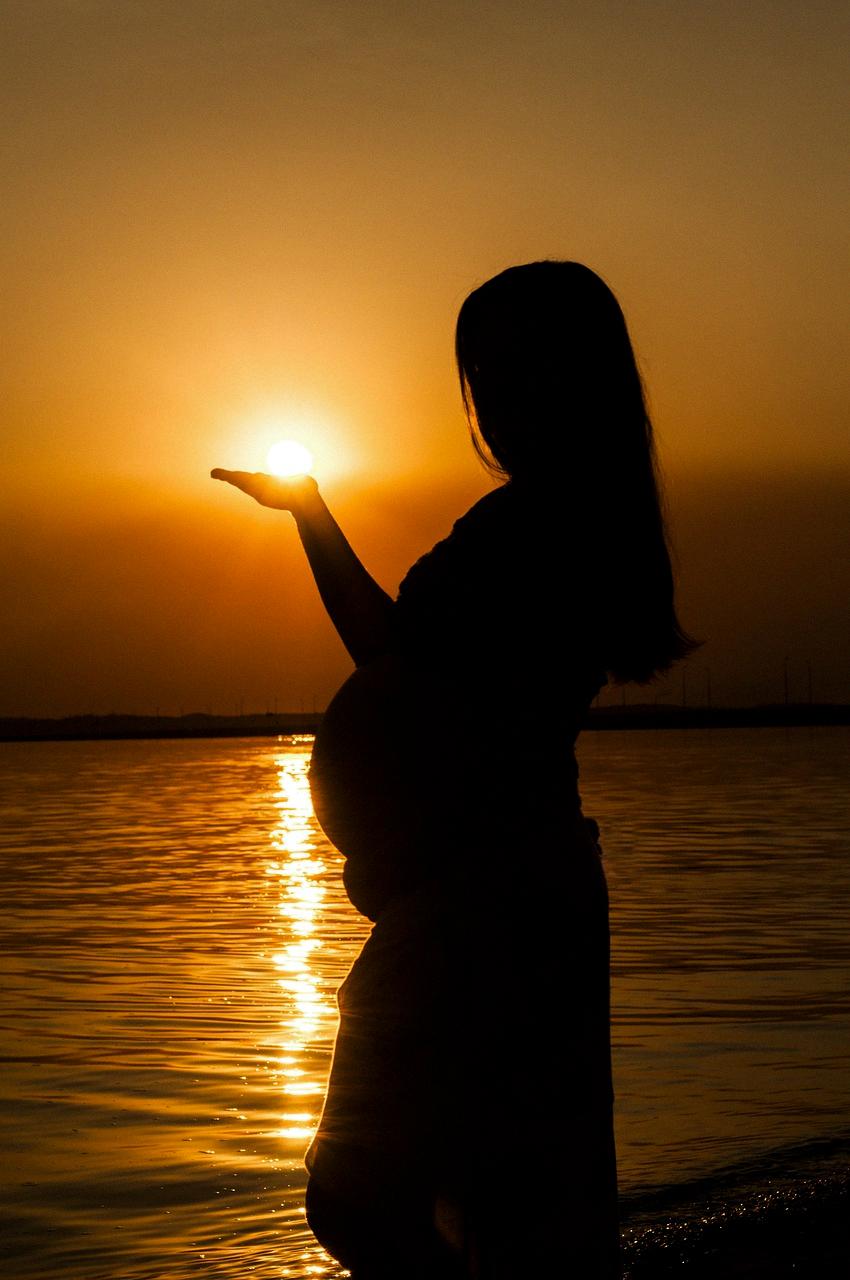During pregnancy, many women strive to maintain a balanced diet to ensure the health of both themselves and their developing baby. While bananas are generally considered a nutritious and convenient snack option, there are certain circumstances where consuming them may not be ideal.
One primary concern with eating bananas during pregnancy is their high sugar content. While natural sugars found in fruits are typically healthier than added sugars in processed foods, women with gestational diabetes or those at risk for developing it need to monitor their intake of sweet fruits like bananas.
Gestational diabetes is a type of diabetes that develops during pregnancy and can lead to complications for both the mother and baby if not managed properly. Consuming foods that are high in sugar, such as bananas, can cause blood sugar levels to spike, putting both the mother and baby at risk.
It’s important for pregnant women with gestational diabetes to work closely with their healthcare provider or a nutritionist to create a meal plan that controls blood sugar levels. This may involve limiting or avoiding foods with high sugar content, including certain fruits like bananas.
While bananas are a good source of nutrients like vitamin C, potassium, and fiber, there are other fruits that can provide similar benefits with lower sugar content. Pregnant women who are concerned about their sugar intake can opt for fruits such as berries, apples, or citrus fruits as alternatives to bananas.
In addition to their sugar content, some women may also experience digestive issues when consuming bananas during pregnancy. Bananas are known to be binding and can worsen constipation in some individuals, which is a common complaint during pregnancy.
If you notice that bananas are causing digestive discomfort or exacerbating constipation, it may be best to limit your intake or explore other fruit options that are easier on your digestive system. Keeping your digestive health in check is essential for overall well-being during pregnancy.
Another factor to consider when deciding whether or not to include bananas in your pregnancy diet is the risk of allergies. While bananas are not a common allergen, some individuals may have sensitivities or develop allergic reactions to certain fruits, including bananas.
If you have a known allergy to bananas or suspect that you may be sensitive to them, it’s crucial to avoid consuming them during pregnancy to prevent any adverse reactions. Always consult with your healthcare provider if you have concerns about food allergies or sensitivities.
Ultimately, whether or not bananas are good for you during pregnancy depends on your individual health status, dietary preferences, and any specific conditions you may have, such as gestational diabetes or digestive issues. It’s important to listen to your body and make choices that align with your unique needs.
If you have any doubts or questions about incorporating bananas into your pregnancy diet, don’t hesitate to seek guidance from a healthcare professional or a registered dietitian. They can provide personalized recommendations and help you create a balanced meal plan that supports your health and the health of your baby.

